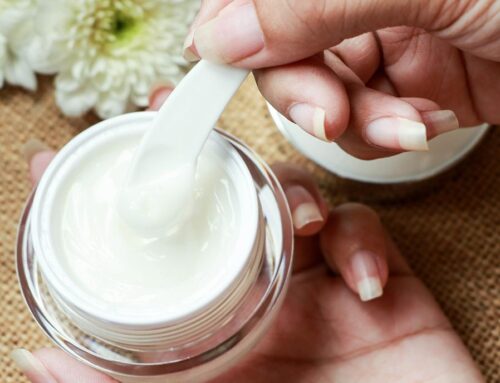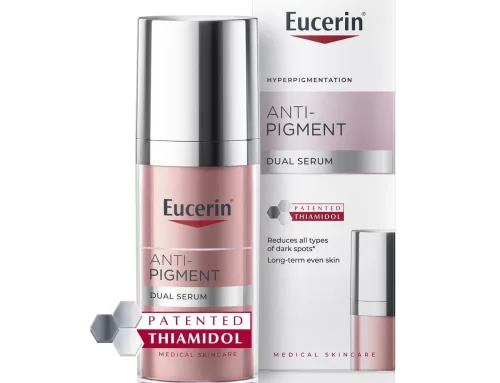The future of sun protection is moving beyond topical sunscreens to a new frontier: ingestible sun care. While sunscreen lotions and sprays remain the gold standard, scientific advancements in nutricosmetics are introducing supplements that claim to enhance the skin’s natural defense against UV damage. But do these products work, and should they be part of your sun protection routine?
How Ingestible Sun Protection Works
Unlike traditional sunscreens that sit on the skin and absorb or reflect UV rays, ingestible sun care products work internally by fortifying the skin with antioxidants and anti-inflammatory ingredients. These supplements aim to reduce oxidative stress, minimize inflammation, and support the skin’s resilience against UV exposure.
Key Ingredients in Ingestible Sunscreens
Many ingestible sun care products contain ingredients with known photoprotective properties:
- Polypodium leucotomos: A fern extract shown to reduce UV-induced redness and DNA damage.
- Lycopene and Beta-Carotene: Carotenoids that may enhance the skin’s ability to tolerate UV exposure and prevent sunburn.
- Astaxanthin: A potent antioxidant believed to improve skin elasticity and reduce sun damage.
- Vitamins C and E: Essential antioxidants that help combat free radical damage caused by UV exposure.
- Flavonoids (found in Green Tea and Cocoa Extracts): May help reduce UV-induced skin aging.
What Does the Research Say?
Recent clinical studies suggest that some of these ingredients can provide measurable UV protection. For instance, a study on Polypodium leucotomos extract found that it increased participants’ minimal erythema dose (MED), meaning their skin could tolerate more UV exposure before showing signs of redness. Similarly, lycopene supplementation has been linked to reduced skin sensitivity to UV radiation. However, these effects are mild compared to topical sunscreens, and experts emphasize that these products should be used in conjunction with—rather than as a replacement for—traditional sun protection methods.
Who Might Benefit from Ingestible Sun Protection?
While everyone should prioritize external sun protection, ingestible sun care may be particularly beneficial for:
- Those with fair or sun-sensitive skin prone to burning.
- Individuals spending extended time outdoors, such as athletes or outdoor workers.
- People looking for additional antioxidant support to combat premature aging from UV exposure.
Should You Add Ingestible Sun Care to Your Routine?
Ingestible sun protection is an exciting innovation but should be considered an extra layer of defense, not a replacement for SPF. Dermatologists continue to recommend broad-spectrum sunscreen, protective clothing, and shade as the primary means of UV defense. However, for those looking to enhance their skin’s resilience against UV damage, adding a supplement with scientifically backed ingredients may offer additional benefits.
As sun care continues to evolve, the future may bring even more effective internal and external solutions for protecting our skin. Until then, think of ingestible sunscreen as a supportive tool rather than a standalone safeguard against the sun.





